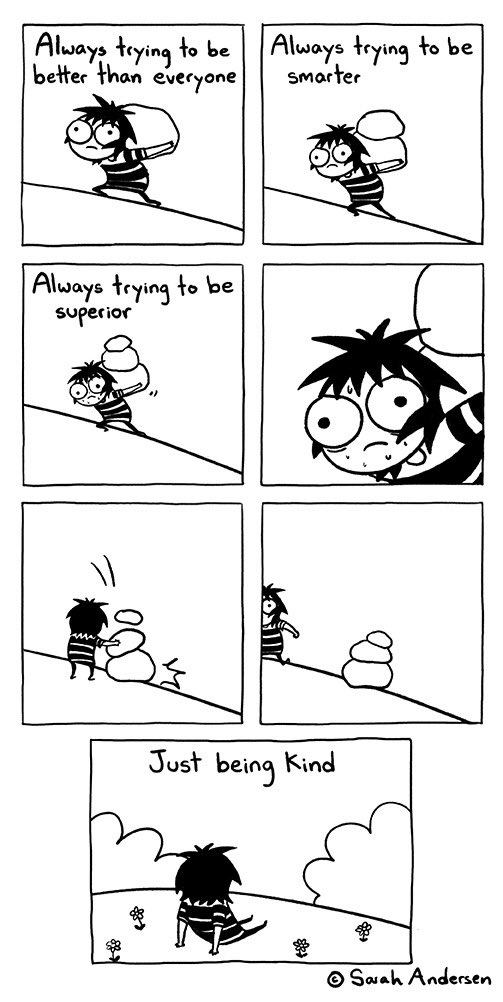
Life plan: update


23 words for emotions you have had but could not express…
The realization that each passerby has a life as vivid and complex as your own.
The ambiguous intensity of looking someone in the eye which can feel simultaneously invasive and vulnerable.
The subtle but persistent feeling of being out of place.
The bittersweetness of having arrived in the future, seeing how things turn out, but not being able to tell your past self.
The strange wistfulness of used bookshops.
The unsettling awareness of your own heartbeat.
The eerie, forlorn atmosphere of a place that is usually bustling with people but is now abandoned and quiet.
The inexplicable urge to push people away, even close friends who you really like.
A hypothetical conversation that you compulsively play out in your head.
The amniotic tranquility of being indoors during a thunderstorm.
The frustration of photographing something amazing when thousands of identical photos already exist.
A conversation in which everyone is talking, but nobody is listening.
A sadness that you’ll never be able to know how history will turn out.
A state of exhaustion inspired by acts of senseless violence.
The desire to be struck by disaster – to survive a plane crash, or to lose everything in a fire.
The tendency to give up trying to talk about an experience because people are unable to relate to it.
Frustration with how long it takes to get to know someone.
The feeling of returning home after an immersive trip only to find it fading rapidly from your awareness.
The realization that the plot of your life doesn’t make sense to you anymore.
The frustration of being stuck in just one body that inhabits only one place at a time.
The desire to care less about things.
Weariness with the same old issues that you’ve always had – the same boring flaws and anxieties that you’ve been gnawing on for years.
The awareness of the smallness of your perspective.
Fitzroy Falls in the beautiful Morton National Park
8am the next morning, and I am not surprised.
Bewildered yes, but not surprised. This is now the 4th time in a row that a major /global/political event came with particular predictions, but then the exact opposite occurred. I now consider this simply well planned and rolled out info-tactics (warfare?). Or, maybe we’re all just thick af. People who are convinced that they’ll win are set up to take less action, stay complacent. So, well played who ever’s on the other end of those polling strings 😐 I’ll keep the #auspolpress hashtag as a reminder.
There was *a lot* going on in other languages (not English) that I only knew about because of where I live… and all that campaigning was not reported on, at all…
Still, I’m glad it’s over. And ironically, despite my best efforts to vote them out, they’ll now continue to make me better off, as I am -by chance- part of Australia’s privileged caste. So I’ll have to stay smart about how to resocialise the money hereafter.
But for now it seems we have stopped living in a society. We now live in an economy *only*. This darn word will continue to give me grief now for years to come. And oh buoy I will miss society… I always loved her concept

I just read that “Assumptions are the termites of relationships” – and yes they are : /
After pondering over this a bit further I realised that there’s a blanket allowance for people to make all sorts of assumptions, as soon as they quote their religion as the basis for them. Blanket because we have to be so PC and ‘inclusive’. And I am frankly a bit sick of this by now. Only because you are religious xyz doesn’t give the right to make assumptions about your fellow wo/man. You will have to ask, to ensure what you think is actually true.
My patience for religion has reached zero. It’s made up stuff – entirely made up! Yet still they kill each over it, claiming to ‘be more peaceful than the other’ in the process. Modern religion is all but peak hypocrisy to me.
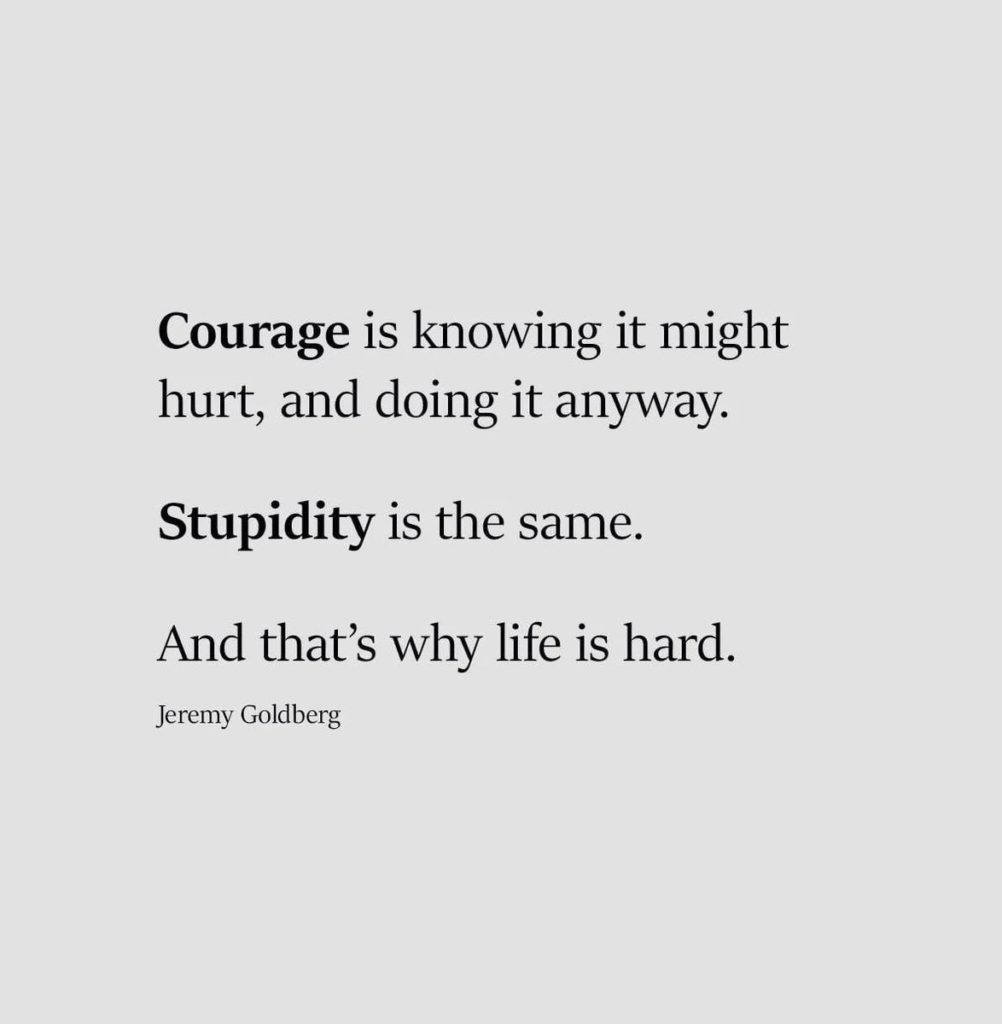
…is probably shown best in this picture.
a constant input-assessment-sensemaking loop
I am writing this down, on the off-chance that I can help another woman (or man, husband, friend, son, father) to be less panicky about breast cancer and the treatments involved, such as radiation therapy.
I had a DCIS* found in Dec 2018 (*explained below). I got operated right away, had all three high grade nodules completely removed. I healed during Jan/Feb. During Mar/April I have to go to hospital every weekday and receive 25 sessions of radiation treatment to my right upper chest. It started on the last day of Feb, and the wait towards it was the most stressful thing I can remember. I only ever had 3 panic attacks in my life, one was over a decade ago, the other two I had in February, waiting towards these sessions. I would wake up at night, sweat drenched, suffocating. My nerves were on edge, ready to jump anyone who dropped as much as a feather around me.
Now I am into my third week, I have received 7 treatments so far. My panic has subsided, and gave way to surrender. I stopped thinking about the side effects that were so meticulously repeated to me: scarring to the lung, brittling of the ribs, other cancers, the skin will come off, pain increasing and worsening after end of treatments, etc etc… I arranged for work to be part-time, go to work in the morning and get the sessions at St George late afternoon on my way home.
I come to the same machine, every day, and the same bunch of cheery nurses who tend to me during the ~15 minutes a session takes. There’s laughter and banter. What takes the most time is the set-up: I have to lay in the exact position, every single time. On day 0 they prepared a ‘cast mould’, and that is where I lie down in. Next is laser measuring with fancy green lights that cross where they must, and the nurses actually do a numberwang ; -D they call out numbers to each other (confirming the correct alignment). Then they leave the room, and the actual zapping takes ~ 3 x 10 seconds, from different angles.
The whole thing is doable, but now a 4th of the way in I can feel my skin giving up and the internal bruising increasing. I will see how see much more the effect will impact. I will come back next or so and write more about it. I use an (allowed) moisturiser from the pharmacy (Dermaveen, 100ml) to keep the skin from breaking up.
Update 21-03: I’m now halfway through the sessions. Today is day 15/25. I am still doing ok, but now the skin is sore, like a hefty allergy, and the bruising no longer ignoreable. I will continue to go to work, but will stop if I can’t. I get random pain in the area, like deep cuts, but not more than maybe ten times a day. But moving around I have to do slower than usual, so not to upset the whole thing. Two more weeks and then I’m done. I’ll report back next week or so…
Last update 06-04: It’s done, I had my last radiation treatment yesterday. I am quite sore, my skin is about as purple as the colour of the waiting room sign below, and very angry, inflamed, blisters and open sores, but altogether I am in good spirits, also because of the good care I received throughout the entire treatment. Plus the nurses were fantastic, lovely and caring and also funny, there was always giggles and good wishes. So next is now healing, which I was told will take a while. I’ll come back here and report how that went in a week or so.
But main fazit: Don’t be scared ladies, there’s good care out there xx
Final update 12-04: It’s now a full week without treatment, and my skin has recovered a lot. Not right away, the first few days (and nights) after the last session where the most ‘taxing’ (pain, heat, strong itch), but then the healing kicked in almost instantly. I add two photos just to give an idea of how I look now (not shown for obvs reasons are nipple & scar from the operation, which are the most angry & inflamed parts). I post this in the hope it takes the worry of someone’s mind, because from all that I had read before treatment started I had actually feared much worse than this, but could not find any depiction of what the effects might at least roughly be. (plus also posted in the hope not to scare anyone!). The inside is still sore and extremely pressure sensitive, and will take much longer to recover, but I could already go for a long walk, carry bags home etc. Life’s good again : -)
PS – Next steps: Follow up with clinic prof in 6 weeks (cells need ~28 days to rebuild). Then comes follow up with surgeon in July (6 mths after op). Then a full mammogram in Dec (1 yr after op). Surgeon & mammogram repeat 6-mthly for 5 years.
(the two lambs are just saying Hello and not to worry too much ;D xx)



The Stoics, much like Buddhist philosophy, thought humanity’s main problem was attachment. The more attached to external things – jobs, wealth, even loved ones – the more we suffer if we lose those them. Instead, they suggest we only be concerned with what we can control: our own personal virtue. For Stoics, we aren’t vulnerable because the only thing that matters can’t be taken away from us: our virtue & our values.
Enlightenment philosopher Immanuel Kant had similar thoughts. He believed the only thing that mattered for ethics was that we act with a good will. Whatever happened to us or around us, so long as we act with the intention of fulfilling our duties, we’re be in the clear, ethically speaking. It’s our rational nature – our ability to think – that defines us ethically. And thinking is completely within our control.
I go through life and see & value people through their actions, and their intend. What they say is “Schall und Rauch” to me. I strive to live fearless and without baggage. There is no other way if you want to be able to help others and yourself. Angst eats soul and makes your heart small. I have to thanks to my Ethics peeps for all their good food for thought <3.
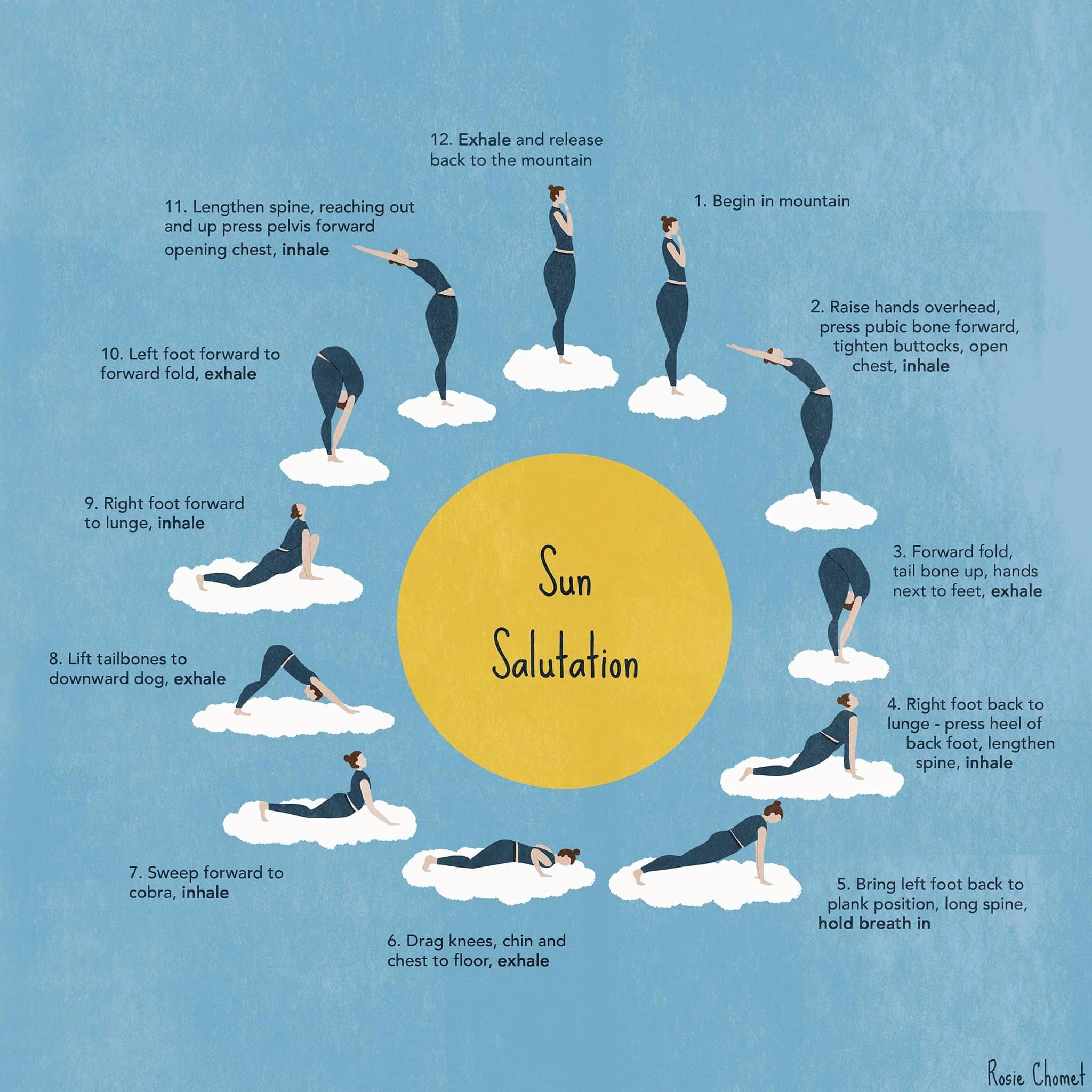
This! Love liberates! <3 Maya Angelou
Starting in a new team tomorrow. All the panicky bells and whistles going, the familiar anxiety combo. But age & experience have their advantage in that it’s all not so overwhelming anymore. Instead the pressure’s rather distilling. Boiling the essence out of my ingredients. I have learnt that my main USP is persistence. I tend to not give up. I might not be as diplomatic or graceful as others, but I do make things work.
The thrust for that I get from a vast word-zoo in my head. Words are my shtick. In my mind, thoughts are roaming the wild like a bunch of liberated serengetians. For me, doing work and giving structure to a project is the side-noise that keeps me sane… and lets me ponder in the background.
Just was offered a new position. Let’s see what I can make from it.
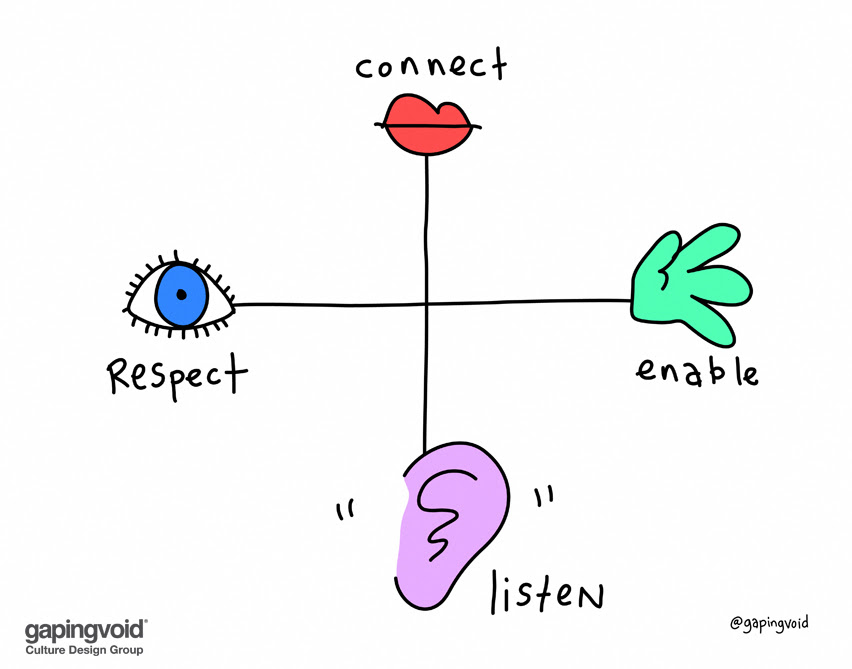
War is political failure. Never, ever forget that
— Andrew Elder (@awelder) 11 November 2018
Just bumping this, as it is truer than ever <3
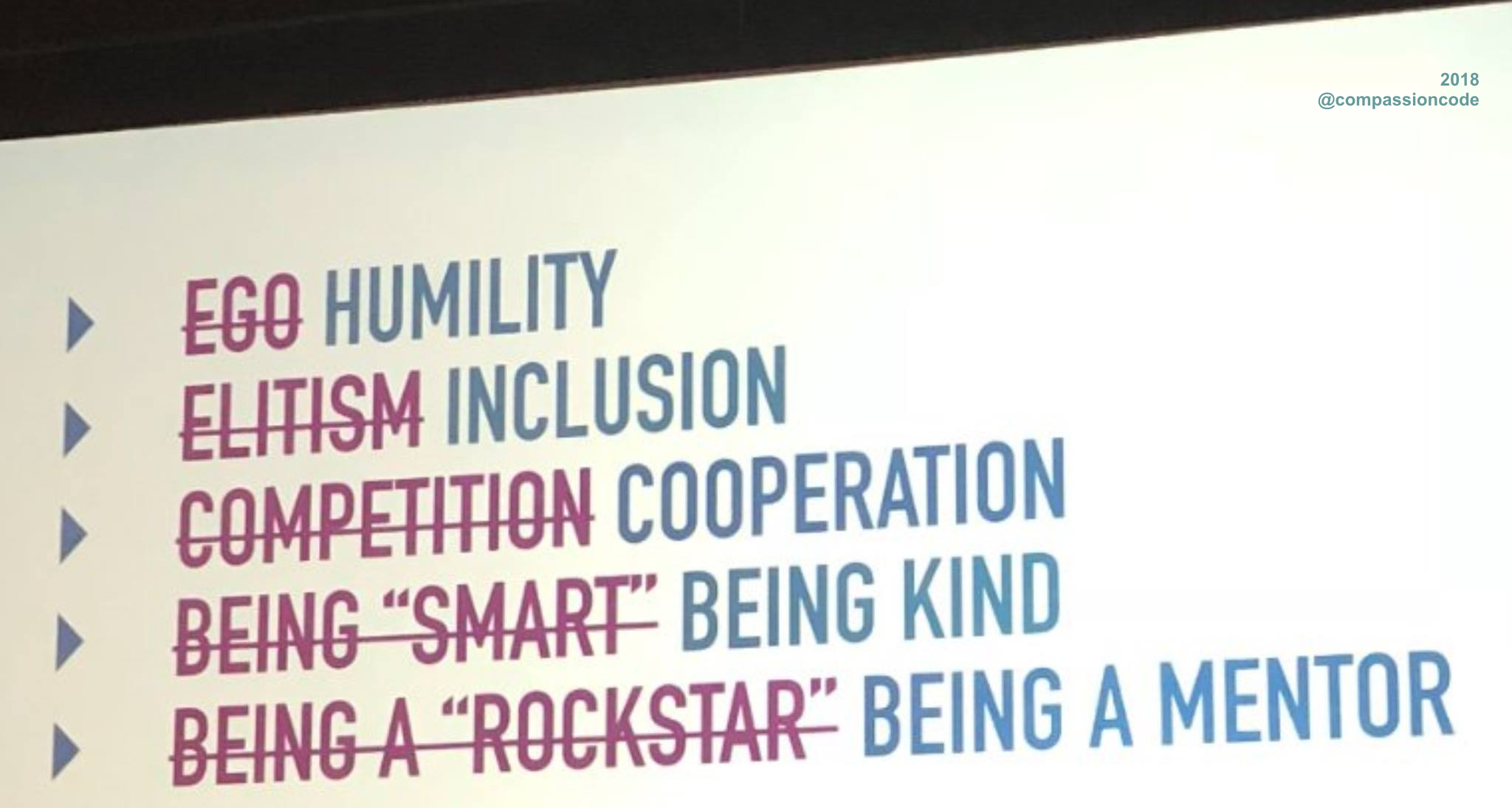
Brain science tells us there are three kinds of intuition: ordinary, expert, and strategic.
Ordinary intuition is just a feeling, a gut instinct.
Expert intuition is snap judgments, when you instantly recognize something familiar, the way a tennis pro knows where the ball will go from the arc and speed of the opponent’s racket.
Strategic intuition is a clear thought. It’s not a vague feeling, like ordinary intuition. And it’s not fast like expert intuition. It’s slow. That epiphany of insight you had last night might solve a problem that’s been on your mind for a month. And it doesn’t happen in familiar situations, like a tennis match. Strategic intuition works in new situations. That’s when you need it most.
This third kind of intuition is what I go by whenever I can. Strategic intuition is what guides the majority of my decision making. And while it is unpopular these days to request time for thinking, you have to take your stand and do it anyway, and allow for proper time to reflect. I have a 24 hrs ‘sleep it over’ rule.
Which compliments my other approach to life and everything, something that’s called the OODA loop (observe, orient, decide and act). This ‘rapid evaluation routine’ keeps running permanently on the back of my mind (or wherever my intuition-o-meter sits). Originally the OODA method was derived by pilots who apply the loop to make fast decisions and review them in a constant cognitive circle.
You have to swim fast when the water is cold…

The standard you walk past is the standard you accept.
– D. Morrison
Starting a new job on Monday. A reminder to self what matters…
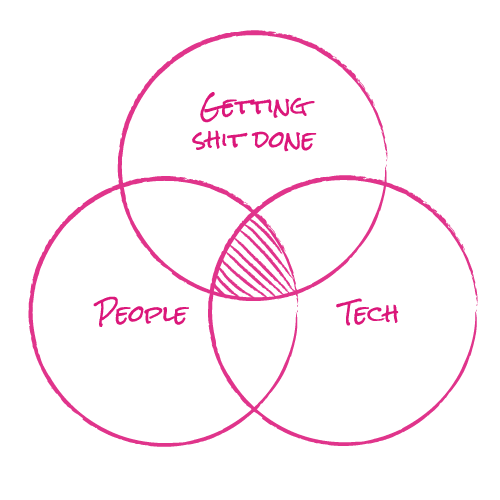
On leave in my hometown hanging with fam and friends is the best thing ever 😀
